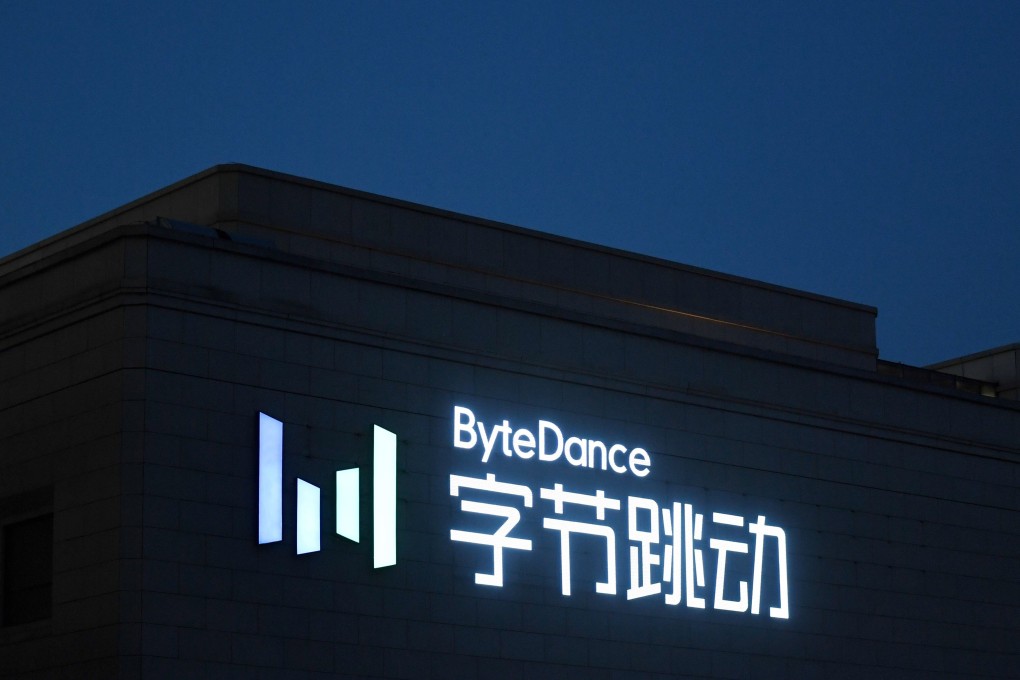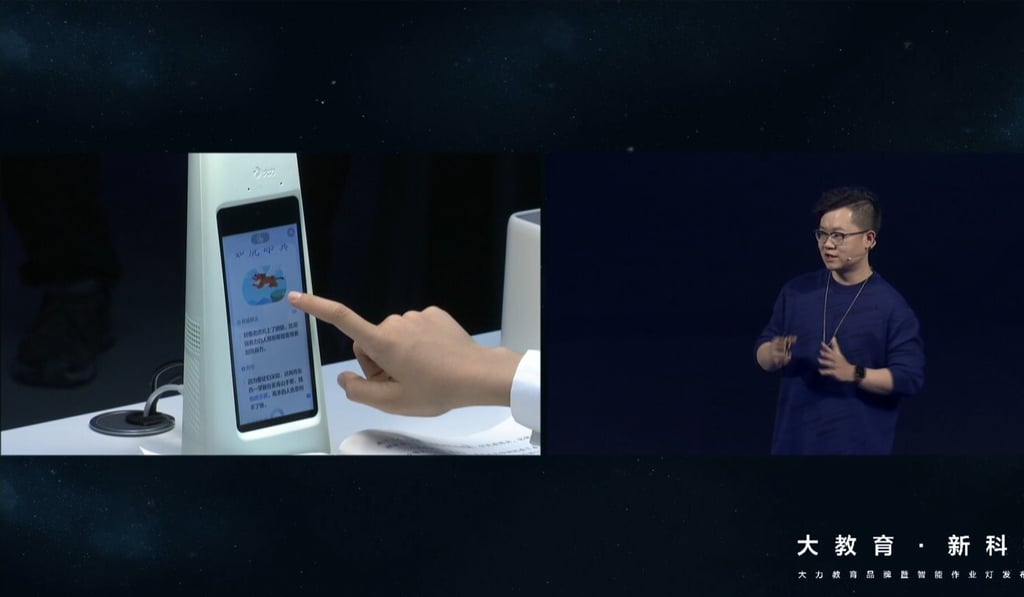ByteDance looks to hire 13,000 in effort to supercharge its ed-tech business, Dali
- Formed last year, ByteDance’s educational tech unit, Dali, will more than double in size over the next four months, according to the company
- China’s market for online education is expected to surpass US$83 billion by 2022

ByteDance, the Beijing-based owner of Tiktok, plans to supercharge its online education unit with a hiring spree to recruit some 13,000 employees as the company seeks to diversify its revenue streams.
Of the total new employees, ByteDance said it will hire 10,000 professionals already in the workforce within the next four months and more than 3,000 fresh graduates to join after the spring semester, according to a Friday statement by one of the company’s WeChat accounts.
Dali has already launched several online schooling apps and a smart lamp designed to enable parents to make video calls via the device when their children do their school assignments at home.
“In 2021, Dali Education will continue to upgrade user experience, expand, and innovate,” it said on Friday.
